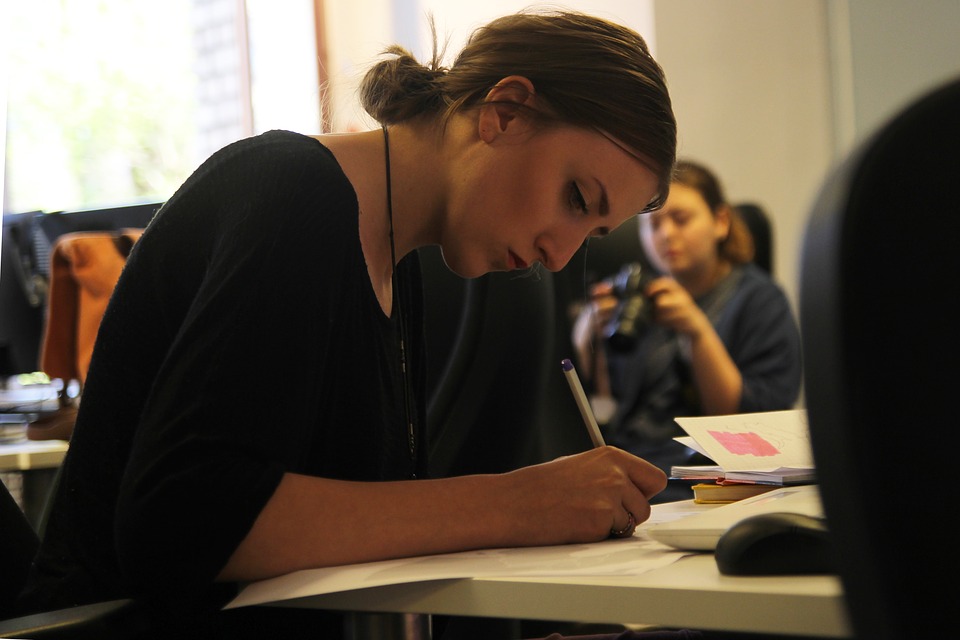And finally… Worldwide architecture innovations to be explored by new recipients of prestigious Churchill Fellowships
Fifteen UK citizens will today be awarded prestigious Churchill Fellowships to research the world’s best ideas, innovations and practices within the fields of arts, crafts, design and architecture.

This once-in-a-lifetime opportunity funds inspiring individuals to travel the world and bring back new ideas that can be actioned in the UK.
These 15 Churchill Fellows will explore a range of issues including:
- The use of arts and design within hospitals and health environments.
- The use of arts and design to create urban playscapes.
- How urban neighbourhoods can be designed to improve cognitive ageing and help people with dementia.
- The role of the arts in improving mental and physical health.
- The role of arts and architecture in creating community.
- Innovations in craft, including stonework and sustainable plant-based dyes.
- How museums can support the sustainable development goals.
Together, they will travel to 17 countries across 4 continents. The 2020 Churchill Fellowships in arts, crafts, design and architecture are supported by a partnership with The British Council. They are among 141 Churchill Fellows awarded this year across a range of vital topics.
Julia Weston, chief executive of the Winston Churchill Memorial Trust, said: “This year we have awarded Churchill Fellowships to 141 inspiring people from all areas of UK society, who will travel the world in search of the best solutions for the UK’s most pressing problems. They will explore innovations in a wide range of fields and bring back new ideas to strengthen their communities and professions across the UK. This is a crucial bridge of people and ideas between the UK and the world.”
Fellows’ projects include:
The use of arts and design within hospitals and health environments:
There is a body of evidence demonstrating that arts and nature can improve health outcomes and these are increasingly being integrated into hospital designs and health environments. Yet there has been little sustained focus and critique on this practice in the UK.
- Hospital Arts Managers Vivienne Reiss and Lottie Barnes will explore the curatorial and commissioning processes of hospitals and health projects in the USA, Denmark and Norway. They will bring ideas back to their own respective hospitals – Great Ormand Street in London and Princess Elizabeth Hospital in Guernsey.
- Artist John Walter will explore the work of artists and architect couple Arakawa and Gins in Japan, and Hundertwasser in Germany, as inspiration for designing a new type of hospice in the UK.
The use of arts and design to create playscapes/playspaces within cities:
UK cities have seen a decline in play areas due to cuts in council funding, which can have a negative impact on children and communities.
- Playground designer Lizzy Fleming will explore the Japanese approach to playground design and how to provide sustainable, natural and cost-effective playable landscapes.
- Senior planner at Camden Council Fiona Davies-Kerimol will explore the role of play and playable environments in the city in order to provide an up to date guide for city planners and designers. She will study models in The Netherlands, Germany, Sweden, Denmark and the USA
The role of arts and architecture in creating community
Over 9 million people in the UK – almost a fifth of the population – say they are always or often lonely, whilst high-street shops, pubs and restaurants are closing down or lying empty at the fastest pace in nearly a decade.
- Architect Emma Tubbs will explore how empty lots and public spaces can be used creatively to bring local communities together. She will travel to Brazil, Denmark, Germany, The Netherlands and Sweden.
- Artist and photographer Laura Page will explore how art can be used to create socially engaged communities and give voices to those who are often marginalised through visiting grassroots arts projects in Mexico and Colombia.





















